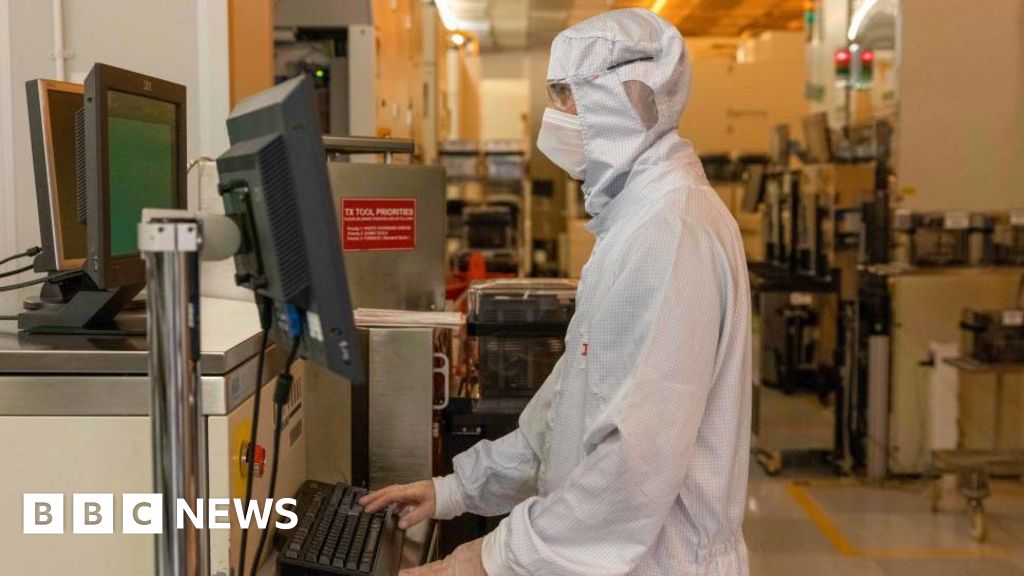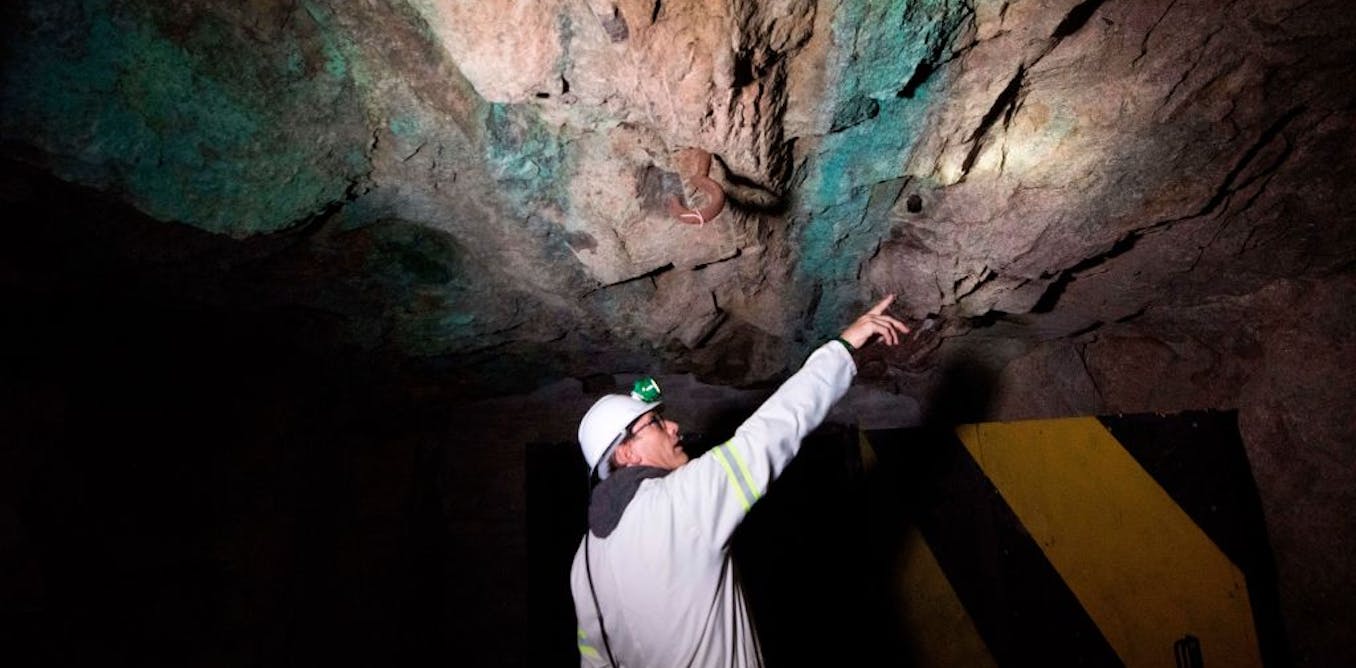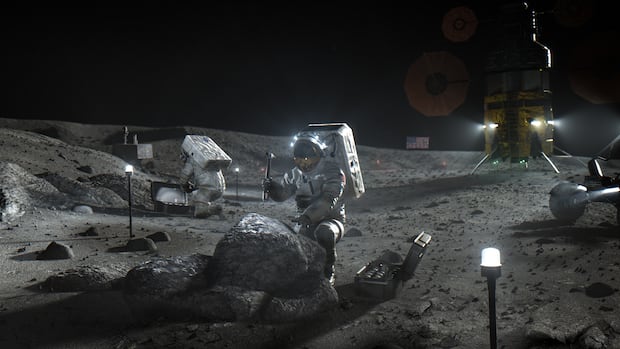China's Shocking Export Ban: A New Trade War Looms Over the World!

SHANGHAI: Brace yourselves! China has just launched sweeping export restrictions that could alter the global trade landscape as we know it. From vital computer chips to military-grade electric motors, these new rules have ignited a fresh trade skirmish not just with the United States, but also with Europe.
Effective in stages starting November 8 and December 1, these regulations cast a wide net, affecting shipments worldwide, escalating China's influence over critical manufacturing just as international relations grow more fragile. In response, President Trump has threatened to impose an astonishing 100% tariff on Chinese imports beginning November 1, raising the stakes in this economic chess game.
This isn’t just a repeat of prior restrictions—these new rules expand upon China's earlier bans on rare earth metals, which have long been mined and processed primarily within its borders. Announced last Thursday, the latest regulations include a broad spectrum of products essential for modern technology, such as electric motors, computer chips, and more.
Worryingly, these rules include a total ban on exports of materials used in military equipment. Among the restricted items are small yet powerful electric motors crucial for missiles and fighter jets, as well as components that assist tanks in accurately targeting distant enemies. Such measures raise alarms in the West, particularly as Europe seeks to bolster its military capabilities in the face of an increasingly assertive Russia.
Jay Truesdale, a former official under President Obama and now the CEO of TD International, remarked, “We’ve entered into a new phase of the economic conflict.” The implications of Beijing’s decisions resonate deeply across Europe, where nations are scrambling to fortify their defenses. Many of the weapons and machinery essential for military readiness rely heavily on rare earth elements sourced from China, and these new restrictions only complicate that dynamic.
But it's not just the arms sector that will feel the impact; the global auto industry is also at risk. The recent regulations mean that non-arms manufacturing companies will now need to secure export licenses from China's Ministry of Commerce for any products containing Chinese materials, regardless of their end use. This poses a significant challenge for the thousands of companies involved in producing parts for vehicles, as they already faced difficulties with earlier restrictions on rare earth magnets.
Consider this: a single gasoline-powered car can contain over 40 rare earth magnets, powering everything from brakes to power windows. Electric vehicles take this dependency to the next level! Yet, U.S. and European manufacturers have been trapped in a web of delays, struggling to obtain the necessary licenses to keep their production lines moving.
Surprisingly, some have resorted to buying complete electric motors from China to sidestep these stringent rules, but the latest regulations issued by China's Ministry of Commerce may thwart even that workaround. The rules encompass nearly any product where rare earths constitute at least 0.1% of its value—including motors and larger systems. The impact could ripple through the global supply chain.
To make matters worse, these rules apply not just to imports and exports from China but to all shipments crossing international borders. European automakers, in particular, now face the daunting task of securing Chinese export licenses merely to move car parts within Europe.
In recent months, many companies attempted to decrease their reliance on China by sourcing rare earth elements and magnets from producers outside the country. However, Beijing's new regulations claim jurisdiction over much of this external production. If that’s not enough to raise eyebrows, any rare earth-related products produced outside of China but utilizing Chinese technology will also fall under these export control rules.
For decades, rare earth refineries and magnet manufacturers globally have relied on Chinese technology and equipment, leading to a significant shift in the rare earth mining business to China during the late 1990s. It seems like this trade battle is just heating up, and the world is watching closely.

















